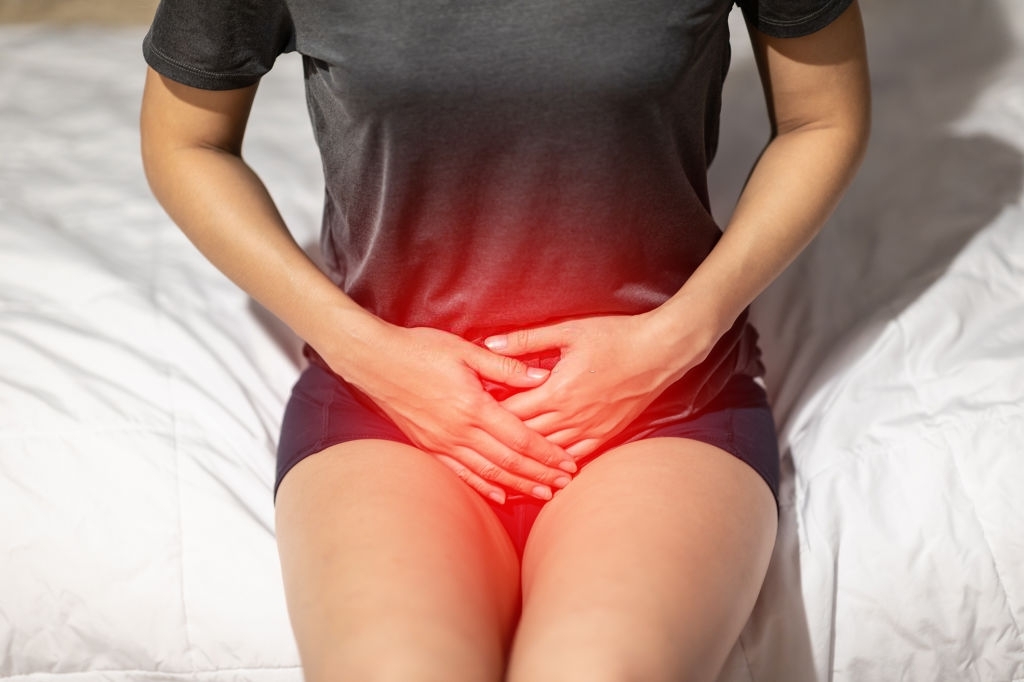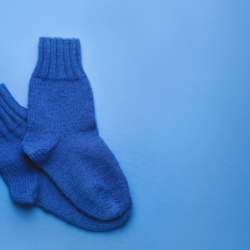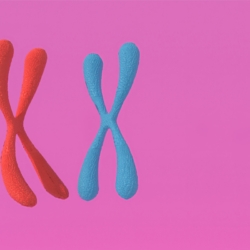Urinary tract infections and cystitis
Most of these urinary tract infections are bacterial, the bacteria responsible being mostly of digestive or sexually transmitted origin. Sometimes the infection is of fungal or viral origin.
Urinary tract infections fall into two categories :
- Upper urinary tract infections
They concern the kidneys ( pyelonephritis, kidney abscess, ureteritis ).
- Lower urinary tract infections
They concern the bladder, urethra and prostate in men ( cystitis, urethritis, orchi-epididymitis, prostatitis, cavernitis )
However, in practice, this distinction may be difficult or even impossible, especially in children. In addition, infections can spread from one area of the urinary tract to another. Although urethritis and prostatitis are infections that involve the urinary tract, the term urinary tract infection generally refers to pyelonephritis and cystitis.
Most cystitis and pyelonephritis are caused by bacteria in particular. The most common non-bacterial pathogens are fungi (usually Candida species ) and, less commonly, mycobacteria, viruses and parasites.
Cystitis :
Cystitis is a sometimes painful inflammation of the bladder , very often due to Escherichia coli (or E. coli) naturally present in the colon and intestine. It is a common condition in women because of a short urethra facilitating the risk of infection.
There are many forms of cystitis: acute catarrhal, croupy, exfoliative, cystic, papillomatous, etc. Cystitis is a urogenital condition that is relatively common (at least one in two or one in three women has had or will have one or more of them in her life). This frequency is also due to the anatomy of the urinary tract in women. Indeed, the opening of the vagina and that of the urethra are very close to the anus, therefore easily accessible by Escherichia coli which, harmless in the colon, becomes very aggressive in the urinary tract. On the other hand, the urethra is much shorter than in humans and colonization of the bladder is that much easier.
Cystitis is usually a mild infection that can go away spontaneously or quickly with one-shot antibiotic treatment (remember to drink plenty of water). But it is essential to consult a doctor, especially if it is prolonged or if several cystitis follow each other in the same year, to avoid missing out on the diagnosis of an STD (sexually transmitted disease). Other circumstances should lead to immediate consultation, especially pregnancy. Indeed a cystitis can cause a miscarriage or reach and infect the kidneys (pyelonephritis). In this case, it is not uncommon for the affected woman to suffer from low back pain, fevers, vomiting.
What are the causes of pathologies related to urination ?
- Lack of or excess of intimate hygiene or lack of hygiene of your partner during sex
- Very close-up sex or with anal penetration
- Vaginal infections
- Placement of a urinary catheter
- Poor dress hygiene, for example, wearing jeans that are too tight
- Pregnancy
- Prostate abnormality (hypertrophy) in men
- Contamination in public sanitary spaces
Naturopathic advice to prevent the risk of urinary tract infection :
- Urinate after each intercourse
- Drink plenty of water (at least 1.5L)
- In women, favor washing from front to back
- Avoid perfumes, shower gels and soaps that are too irritating and / or stripping
- Favor cotton underwear
- Avoid excessively acidifying foods as well as repeated vitamin C cures
- Avoid drinking tea or coffee too often
- Supplement with probiotic from time to time, and think about spacing out the intake of probiotic from hot drinks
- Avoid the “stop pee”
- Avoid holding back too long if you want to urinate
- Running away from tight clothes
Plants and cystitis :
Cranberry is intestinal and urinary antibacterial, it inhibits the adhesion of E. coli in the bladder and the intestine. They prevent urinary tract infections, especially Escherichia coli, and reduce the risk of urinary tract infections during radiotherapy for prostate cancer.
- Hibiscus tea (Karkadé):
This plant is antibacterial. In traditional medicine from Mali, it is used in cystitis treatments. Diuretic, natriuretic and potassium sparing by modulating the activity of aldosterone and probably by the release of nitric oxide, it causes relaxation of the renal vascular endothelium and improves renal filtration.
Remedy for any inflammatory syndrome starting with mucous membranes in the acute suppurative phase such as cystitis.
Walnut is a regulator of saprophytic flora. It is indicated in chronic suppuration of the urological and gynecological mucous membranes.





